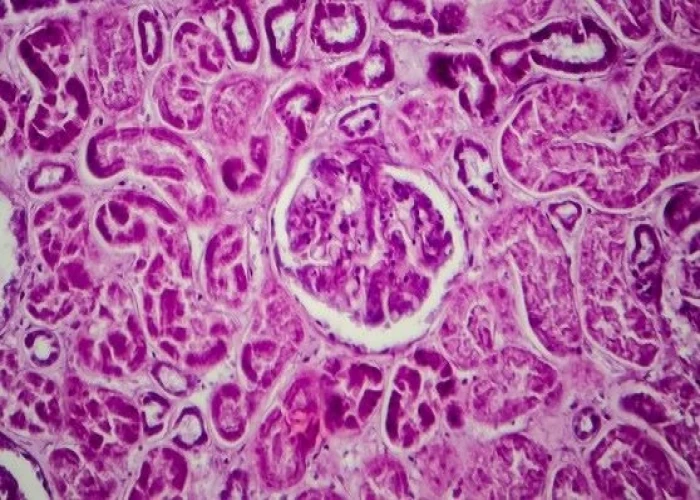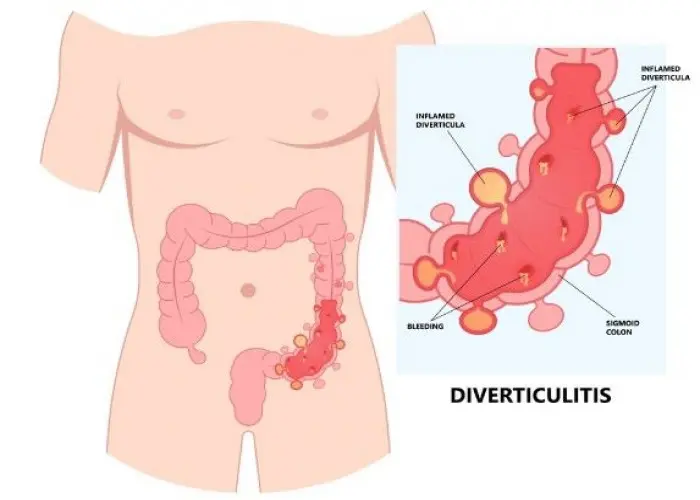 Welcome
Welcome
“May all be happy, may all be healed, may all be at peace and may no one ever suffer."
Antisocial personality disorder

Antisocial personality disorder, also known as sociopathy or psychopathy, is a mental health condition characterized by a persistent pattern of disregard for and violation of the rights of others. People with antisocial personality disorder may engage in criminal behavior, have difficulty forming and maintaining relationships, and exhibit a lack of remorse or guilt for their actions.
The exact causes of antisocial personality disorder are not fully understood, but research suggests that it may be related to a combination of genetic, environmental, and neurological factors.
Diagnosis of antisocial personality disorder is typically made by a mental health professional, such as a psychologist or psychiatrist, based on a thorough evaluation of the individual's symptoms and behavior.
Treatment for antisocial personality disorder typically involves a combination of psychotherapy, medication, and support from family and community services. Psychotherapy, such as cognitive-behavioral therapy, can help individuals with antisocial personality disorder learn to understand and regulate their emotions and behavior. Medications, such as antidepressants and mood stabilizers, may also be prescribed to help manage symptoms.
It is important to seek treatment for antisocial personality disorder as early as possible, as the disorder can have serious consequences for the individual and those around them, including criminal behavior, strained relationships, and difficulties in employment and daily functioning. With appropriate treatment and support, however, individuals with antisocial personality disorder can learn to manage their symptoms and lead fulfilling lives.
Research Papers
Disease Signs and Symptoms
- Persistent lying or deceit to exploit others
- Aggression toward people and animals
- Being consistently irresponsible and repeatedly failing to fulfill work or financial obligations
- Failure to consider the negative consequences of behavior or learn from them
- Poor or abusive relationships
- Unnecessary risk-taking or dangerous behavior with no regard for the safety of self or others
- Lack of empathy for others and lack of remorse about harming others
- Hostility, significant irritability, agitation, aggression or violence
- Impulsiveness or failure to plan ahead
- Repeatedly violating the rights of others through intimidation and dishonesty
- Recurring problems with the law, including criminal behavior
- Using charm or wit to manipulate others for personal gain or personal pleasure
- Being callous, cynical and disrespectful of others
- Resorting to theft or fraud to get gambling money
- Antisocial personality disorder
Disease Causes
Antisocial personality disorder
Personality is the combination of thoughts, emotions and behaviors that makes everyone unique. It's the way people view, understand and relate to the outside world, as well as how they see themselves. Personality forms during childhood, shaped through an interaction of inherited tendencies and environmental factors.
The exact cause of antisocial personality disorder isn't known, but:
- Genes may make you vulnerable to developing antisocial personality disorder — and life situations may trigger its development
- Changes in the way the brain functions may have resulted during brain development
Disease Prevents
Antisocial personality disorder
There's no sure way to prevent antisocial personality disorder from developing in those at risk. Because antisocial behavior is thought to have its roots in childhood, parents, teachers and pediatricians may be able to spot early warning signs. It may help to try to identify those most at risk, such as children who show signs of conduct disorder, and then offer early intervention.
Disease Treatments
Antisocial personality disorder is difficult to treat, but for some people, treatment and close follow-up over the long term may be beneficial. Look for medical and mental health professionals with experience in treating antisocial personality disorder.
Treatment depends on each person's particular situation, their willingness to participate in treatment and the severity of symptoms.
Psychotherapy
Psychotherapy, also called talk therapy, is sometimes used to treat antisocial personality disorder. Therapy may include, for example, anger and violence management, treatment for alcohol or substance misuse, and treatment for other mental health conditions.
But psychotherapy is not always effective, especially if symptoms are severe and the person can't admit that he or she contributes to serious problems.
Medications
There are no medications specifically approved by the Food and Drug Administration to treat antisocial personality disorder. Doctors may prescribe medications for conditions sometimes associated with antisocial personality disorder, such as anxiety or depression, or for symptoms of aggression. Certain drugs are usually prescribed cautiously because they have the potential for misuse.
Disease Diagnoses
Disease Allopathic Generics
Disease Ayurvedic Generics
Disease Homeopathic Generics
Disease yoga
Antisocial personality disorder and Learn More about Diseases

Prescription drug abuse

Lupus nephritis

Dust mite allergy

Incompetent cervix

Adjustment disorders

Hoarding disorder

Glomerulonephritis

Fecal incontinence
Antisocial personality disorder, Antisociality, ASPD, অসামাজিক ব্যক্তিত্ব ব্যাধি
To be happy, beautiful, healthy, wealthy, hale and long-lived stay with DM3S.
